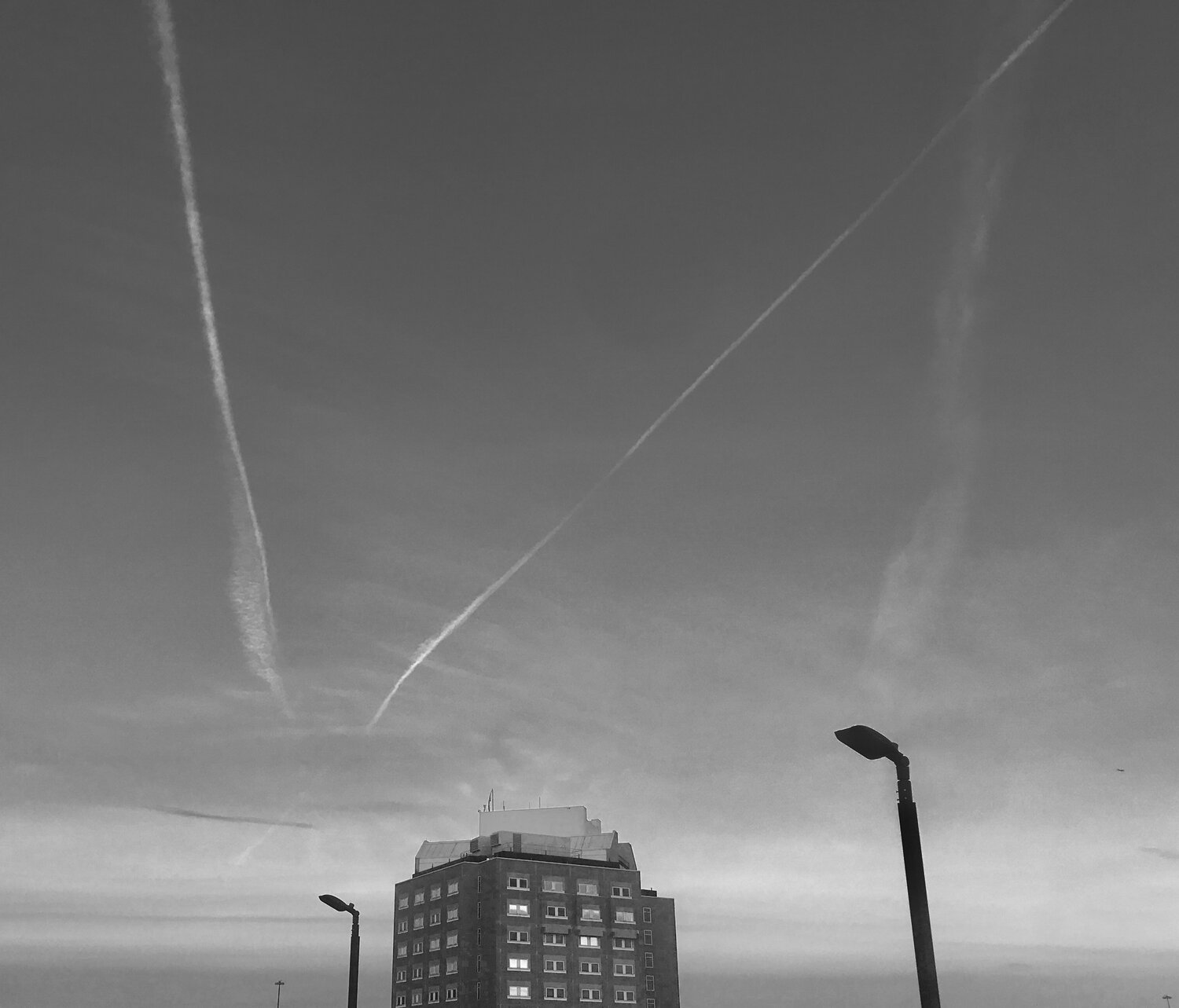Not a doctor for social justice.
Some of my colleagues seem possessed of more sincerity and conviction than I can find for myself. They are true believers, and I envy that quality. I am not a believer. I hear medical students or doctors talking about medicine as a project of social justice. I know what they mean, and I admire their conviction and I even think many of them accomplish more in the way of creating justice than I do. But my deep and deepening conviction is simpler: there is no justice.
Everything I earned through my hard work also rests on a foundation of unearned privilege built on hundreds of years of theft and murder. At various times in my life, I’ve contemplated whether I might give away my possessions or somehow try to trade away my privileges. I have usually chosen against either. I am not sure what the most self-sacrificing choices would accomplish except a bleak moral satisfaction for myself. But more importantly, I care about my child more than I care about other children. I care about myself and my family more than I care about anyone else. This is human. And most of us forgive each other for hoarding, and for valuing our own children above others. But against the backdrop of my history as an Anglo-American, I don’t expect that forgiveness from everyone.
I do not enact justice. I care for homeless people who use drugs. I am drawn to this work for reasons of my own, most of which I likely do not understand. I have some small comfort in using the tools I learned in institutions of the wealthy, to serve the impoverished; but let us not mistake that for justice. It has the satisfaction and the impact of a doctor’s middle finger raised to a bomber flying 35,000 feet above.
If you seek justice, you might find the pain of the world while you search. You might join those who try to heal that pain a little bit. That pain is vast and deep. Seeing the pain, and responding to it with kindness and even love, is good work. But treating pain does not in itself bring justice.
My expectations for change are modest: I think that a greater share of justice could come with mildly redistributionist social policies. I love Ayanna Pressley for saying “Those closest to the pain should be closest to the power,” and if I have a political agenda left in the remnants of my hope and the often-hidden embers of my anger, that is its best summary. But the work of a doctor for the impoverished and shunned travels in the opposite direction: I hold power, and go close to the pain. It is the small work of kindness for the suffering. It is good work. But it is not justice.

